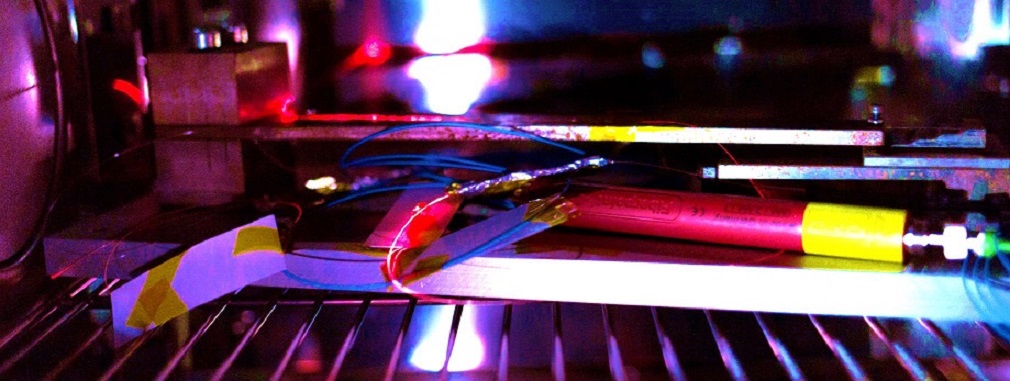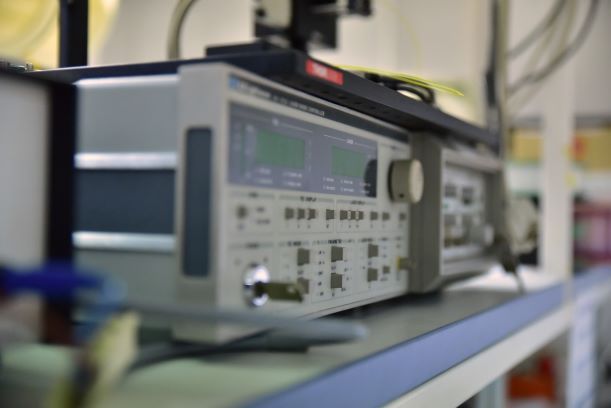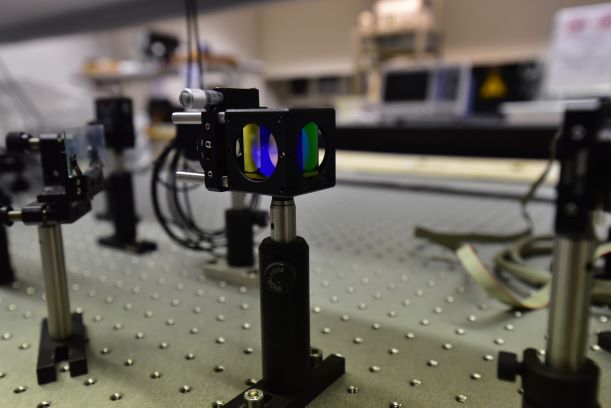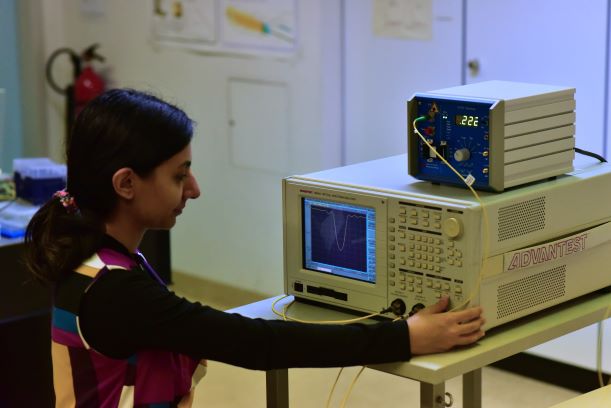-
Photonics LAB
The Photonics Laboratory
The Photonics Laboratory introduces itself
-
education
For Students
Here students will find all relevant information
-
Research
Research
Current research projects of the Photonics Laboratory
-
cooperation
Industry
For coopertion partners
-
Contact
Contact
How to reach us


Munich University of Applied Sciences Department Of Applied Sciences And Mechatronics
List of Courses
|
Several courses are provided in the field of optoelectronics and wave optics by Prof. Roths. All lessons include experimental work in small groups (typically three students) which take place in the Photonics Laboratory. A brief overview is given here. For detailed information about the courses and the time tables, please check here: |
|
Bachelor Course
PHB730
|
Technical Physics Bachelor
Educational objectives: Engineering skills in optoelectronics, fiber optics and related subject areas as well as fundamental knowledge of optical components and methods in optical metrology. Contents:
|
||||||||||||||
|
Master Courses
POM101
|
Photonics Master
Educational objectives: Fundamentals, theory of electrodynamics in the photonic context and mastery of relevant mathematical methods that describe the phenomena in quantum optics. The gained mathematical and theoretical fundamentals give access to advanced topics of photonics. Contents:
|
||||||||||||||
|
POM216
|
Photonics Master
Educational objectives: Advanced knowledge and understanding of guided waves in simple light guiding structures and the resulting phenomena such as modes, dispersion and mode coupling enable students to calculate and apply light-guiding optical systems. Experimental experience is gained in the application of light wave technologies and related optical measurement systems. Contents:
|



